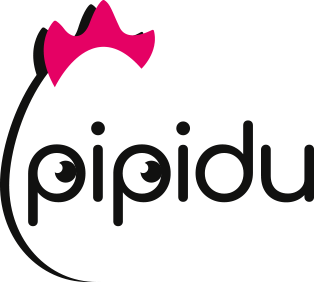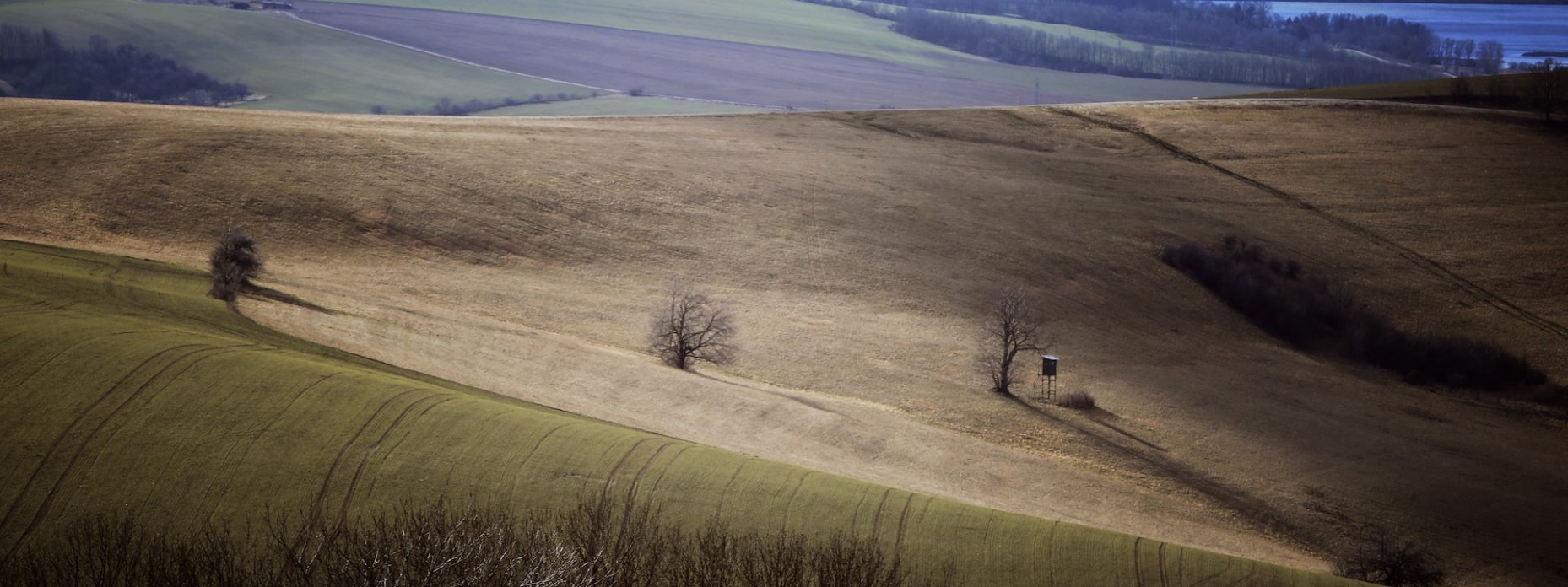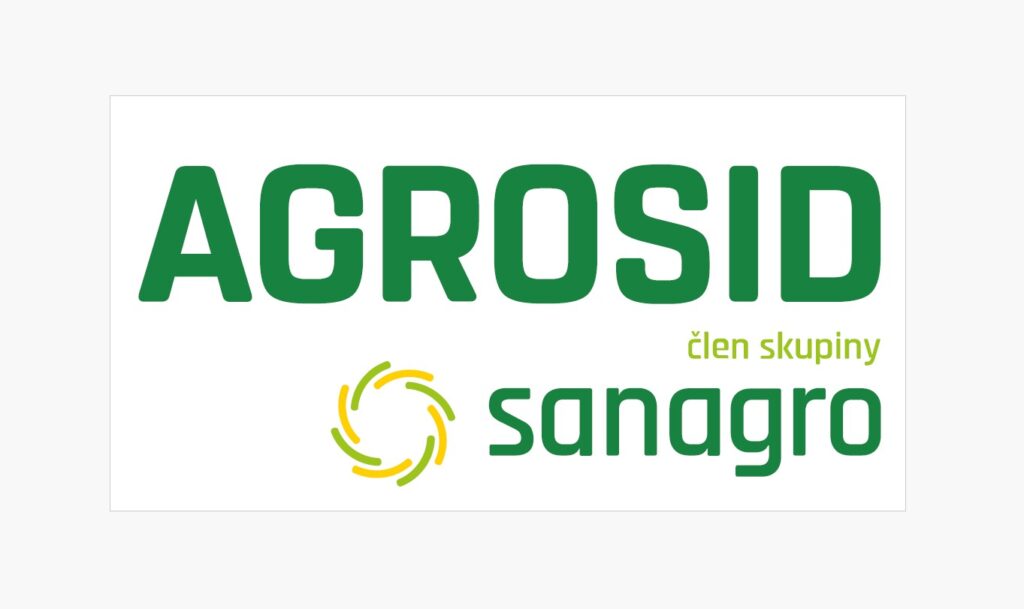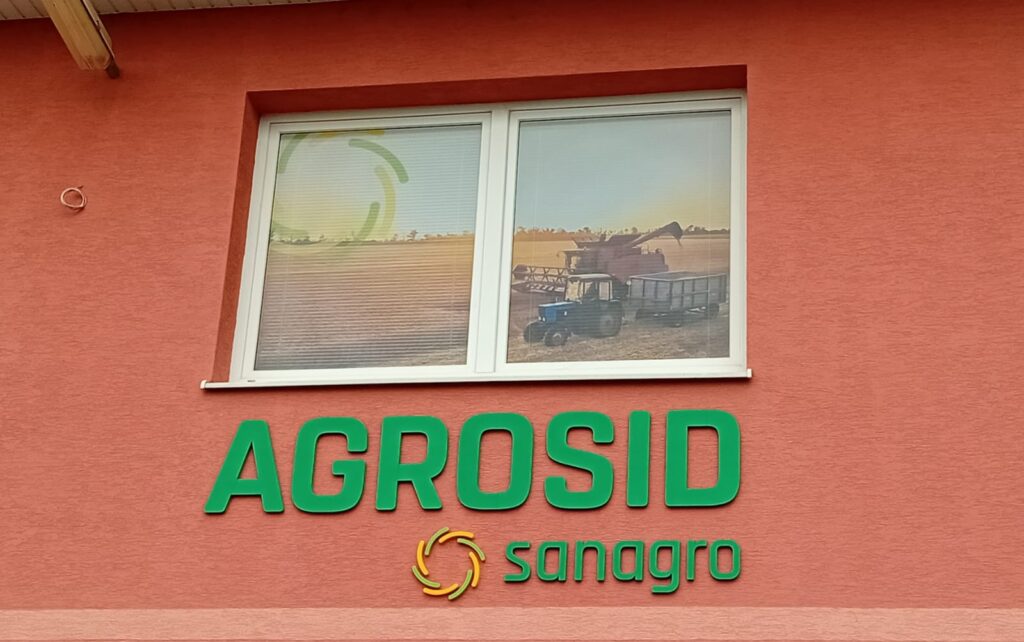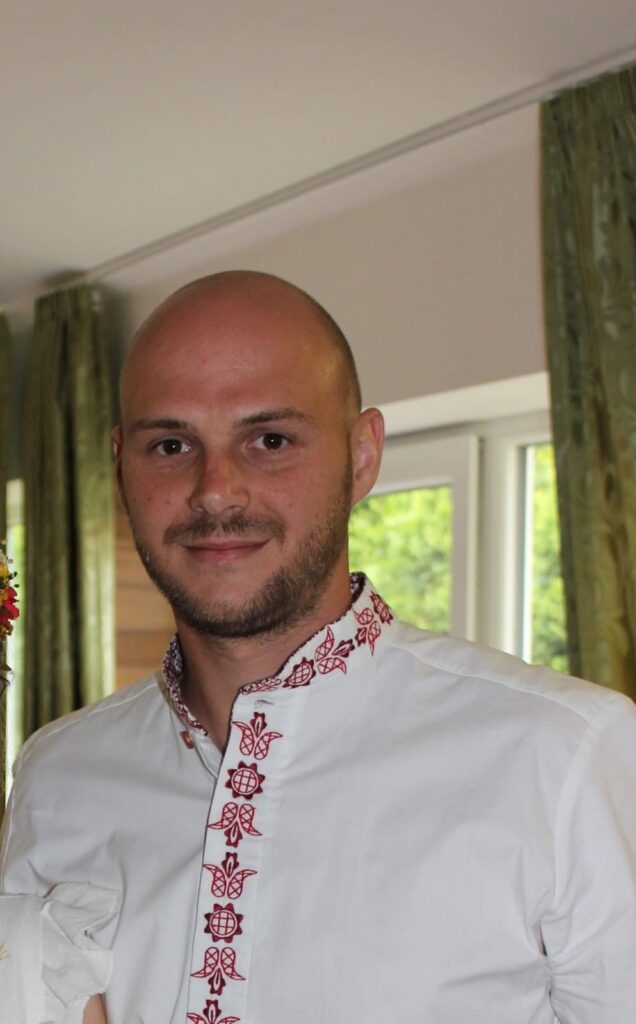Coronavirus can hit farmers hard, and consequently consumers too. That is why Slovak farmers are appealing to people to behave responsibly, to take precautions, to quarantine and to wear protective equipment.
The cooperatives themselves have adopted very severe restrictions to eliminate the possible spread of the disease. "Spring is one of the most crucial times of the year for us. We start work in the fields. In the event of illness or forced quarantine of cooperative workers, there will be no one to sow the crops or take care of the animals. And this could have fatal consequences for future consumption of agricultural products," points out Tomáš Kohút, CEO of SANAGRO Group. The group brings together 10 farms in the west and centre of Slovakia and employs around 300 people.
SANAGRO: Food shortages are real
Although food is abundant today, the gradual spread of the coronavirus may affect production in the agro-sector in terms of the coming months. If farmers do not sow now, or if there is no one to work the fields and harvest the crops, Slovak consumers may face a shortage of farm produce next year. This may in turn affect their price on the market.
The situation may be worse in livestock production, and this will be visible immediately. "SANAGRO, specifically the Hlohovec company Food Farm belonging to our group, is one of the largest milk producers in Slovakia. We deliver 1.15 million litres of milk directly from our farms to processors every month, while the sales company from our portfolio - LUKRA Slovakia - supplies up to 1.8 million litres. We have been struggling for some time with a shortage of people in livestock production and with the bureaucracy of employing people from abroad. If we lose milkers, there will be no one to connect the animals to the milking machines," describes Tomáš Kohút from SANAGRA. In addition, such a situation can lead to inflammatory processes in animals and their subsequent death, according to him. "When it comes to milk supply, our priority is to focus on Slovak processors with a Slovak owner in the background. A shortfall in shifts or death of animals would have a fatal impact on the operation of farms, employment and, secondarily, on the operation and economics of dairies."
Lack of people
In addition to problems in production itself, irresponsibility of the people can cause harsher restrictions by the state. Although today the borders remain open to imports of goods from abroad, further spread of the disease could lead to their complete closure. "Spring seeds are continuously arriving on our market, but this can change from one hour to the next. Consequently, the issue of timely delivery of fertiliser and timely application of crop protection can arise. Most of the products are imported from abroad. We are therefore trying to prepare for a crisis situation in this respect. In such a case, Slovak farmers would not be able to produce a sufficient harvest," adds Tomáš Kohút, CEO of SANAGRO Group.
Already today, the agribusiness sector suffers from a shortage of people, with only 4 per cent of people working in the whole sector. In areas that are industrially strong, there is a shortage of locals, and field work is largely taken up by foreign workers. This is the case in Hlohovec Food Farm, which has strong automotive businesses in its area, where most people are looking for work. Thus, the closing of the border may affect farmers in this direction as well.
Hard measures
SANAGRO has therefore prepared a set of crisis measures for both crop and livestock production to eliminate potential problems. It has divided workers into micro-teams and milking parlour people into small groups for individual shifts to avoid personal contact. At the same time, milkers are not allowed to come into contact with other workers. The cooperatives also provided special makeshift changing rooms. Shift changes only take place after a long interval - this ensures that the premises are properly ventilated and disinfected. "We must do everything we can to protect our employees. Based on the acute shortage of both protective equipment and respirators, our workers have sewn their own drapes on their own initiative," concludes Tomáš Kohút, CEO of SANAGRO Group.

